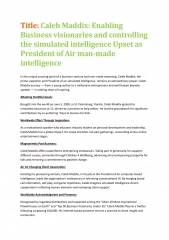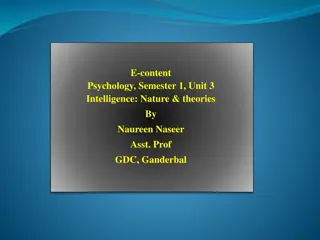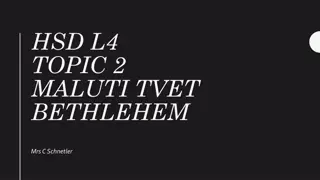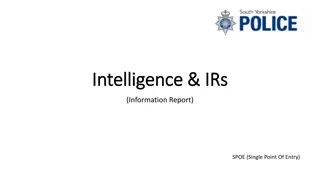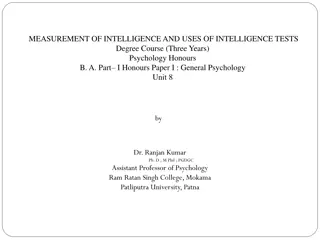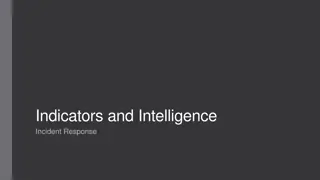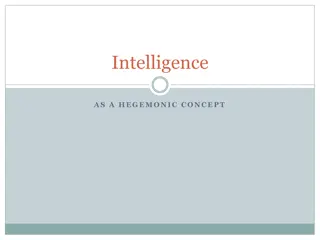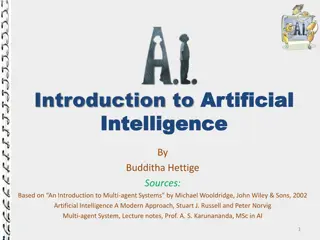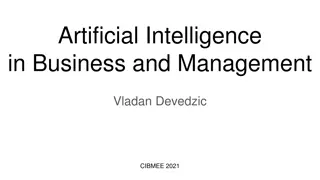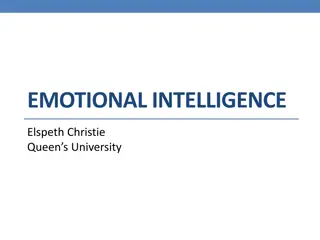
Understanding Intelligence and Assessment Methods
Explore the concept of intelligence, theories surrounding it, the Wechsler Adult Intelligence Scale, and assessment issues for Spanish-speaking individuals. Discover how intelligence is defined, measured, and assessed in various contexts.
Download Presentation

Please find below an Image/Link to download the presentation.
The content on the website is provided AS IS for your information and personal use only. It may not be sold, licensed, or shared on other websites without obtaining consent from the author. If you encounter any issues during the download, it is possible that the publisher has removed the file from their server.
You are allowed to download the files provided on this website for personal or commercial use, subject to the condition that they are used lawfully. All files are the property of their respective owners.
The content on the website is provided AS IS for your information and personal use only. It may not be sold, licensed, or shared on other websites without obtaining consent from the author.
E N D
Presentation Transcript
INTELLIGENCE Andrea Mejia Spring 2017
Defining Intelligence Global capacity to think rationally, act purposely and deal effectively with the environment Intelligence is what my test measures
Theories of Intelligence Intelligence is a general ability Overall performance on tests of mental ability Single measure of general cognitive ability g factor = general intelligence (IQ) Intelligence is a cluster of abilities Verbal comprehension, numerical ability, reasoning, perceptual speed G factor = average of independent abilities
Theories of Intelligence Intelligence as multiple intelligences Intelligence is defined within the context of a particular culture E.g. linguistic intelligence adept use of language: writer, public speaker, native storyteller E.g. Musical intelligence ability to create, synthesize, or perform music: musician, composer, singer
The Wechsler Adult Intelligence Scale Developed by David Wechsler Developed by David Wechsler Intelligence as a global entity AND specific Intelligence as a global entity AND specific Most widely used intelligence test Most widely used intelligence test High validity and reliability User friendly administration and scoring guidelines Excellent psychometric properties
WAIS IV BREAK DOWN Verbal comprehension Similarities Vocabulary Information Perceptual Reasoning Block design Matrix reasoning Visual puzzles Working Memory Digit span Arithmetic Processing Speed Symbol search Coding
WAIS-IV: English Version Age range: 16 90 Administration Time: 60 90 minutes 10/15 Subtests: 5/7 Verbal 5/8 Performance 3 IQs (verbal, performance, full scale) Average: 100, Standard deviation: 15 Mainly used for determining intellectual ability/disability
Several Issues Regarding Assessment of Spanish-Speakers No IQ tests developed for the Spanish population by Spanish-speaking psychologists US Hispanic population Translations Spanish-speaking psychologists Available tests in Spanish
Consequences of Issues Regarding Assessment of Spanish-Speakers Current translations of tests must be reviewed Differences between Spanish and English cultures Test Equivalence Reliability Validity Can culture be held constant so the construct in question is accurately measure? Time factor Acculturation Different cognitive styles Bilingualism Level of Education Socioeconomic Status Implications of using Translated Tests
Example: WAIS-III in Capital Cases Atkins v Virginia execution of the mentally retarded, a violation of the Eighth Amendment Variable Variable Mexican Norms Mexican Norms English English Norms Norms Full Scale IQ 79 66 Confidence Intervals 65 105 63 71 Mentally Retarded NO YES Death Penalty YES NO

